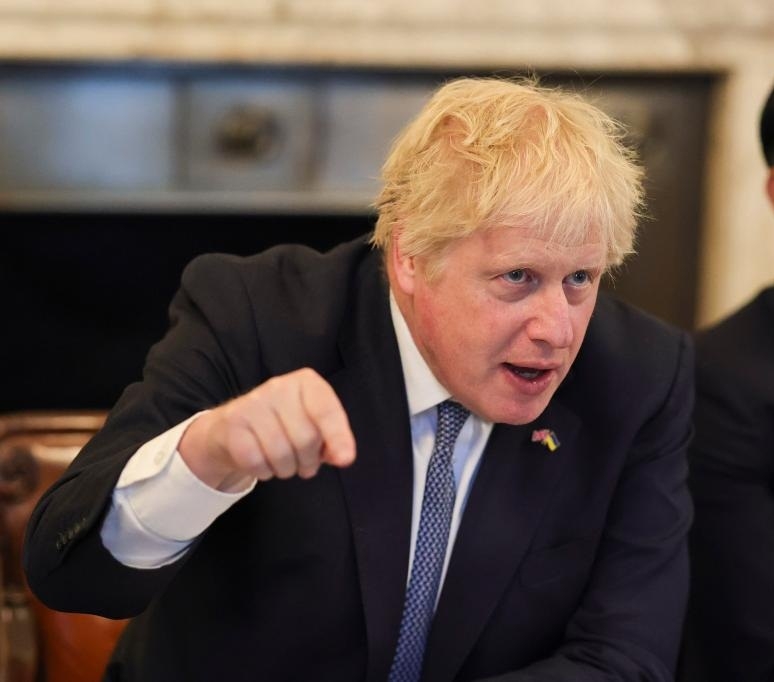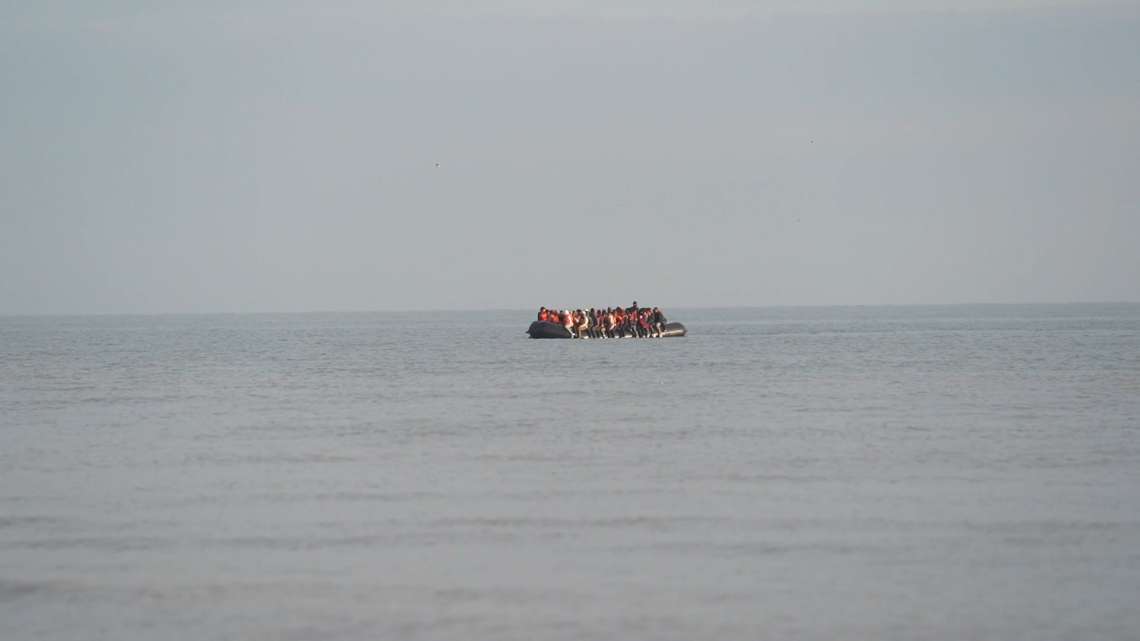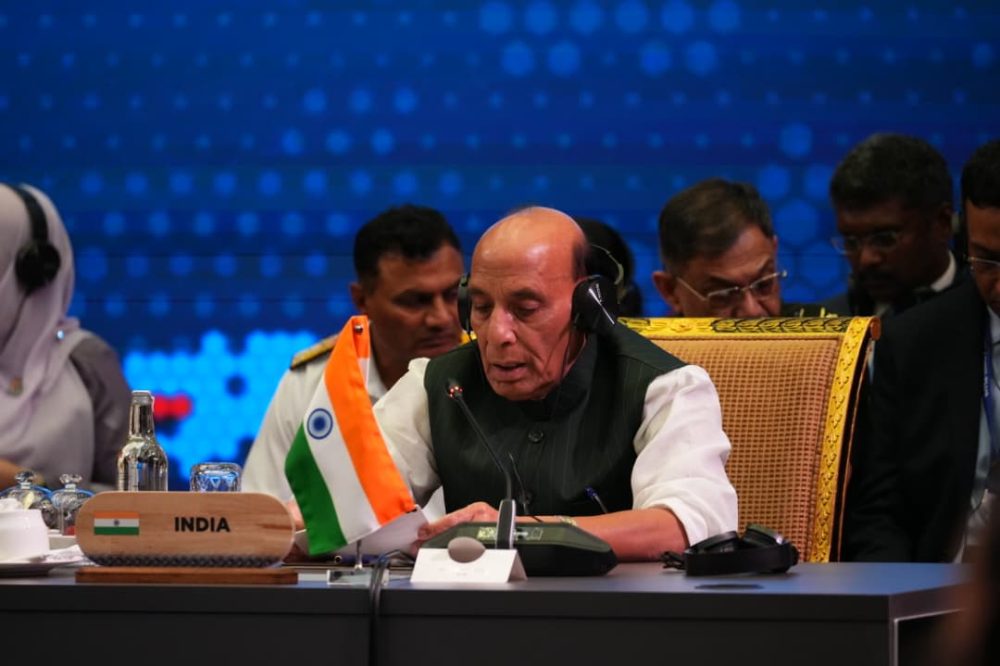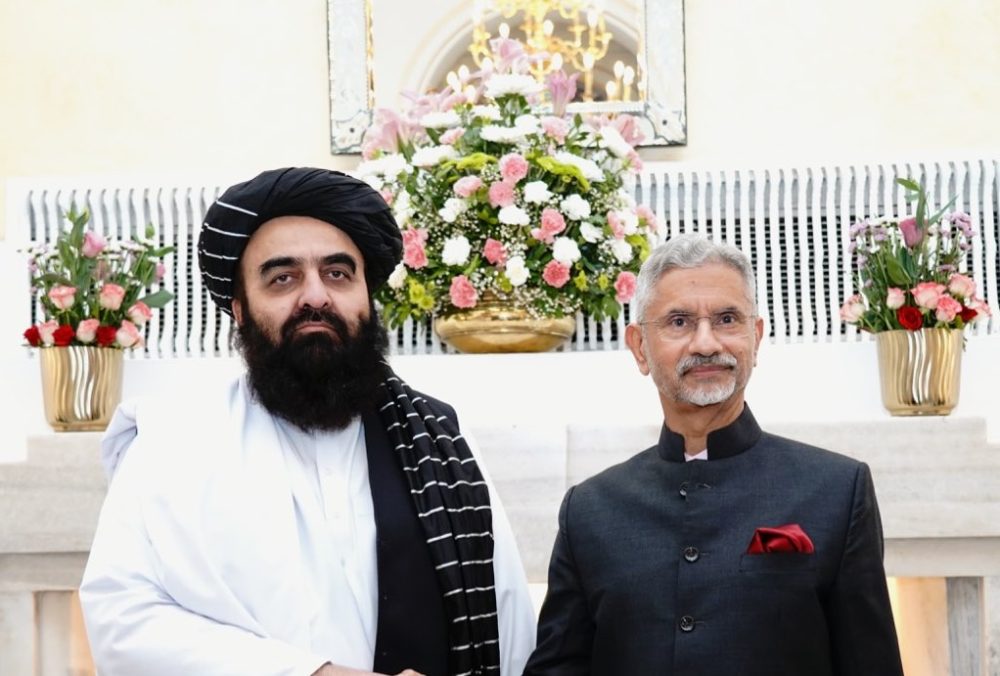Britain’s move to recognise Palestine sparks fierce debate at home and abroad as Starmer breaks with decades of policy and presses for two-state solution, writes Kaliph Anaz
Keir Starmer is expected to announce the formal recognition of a Palestinian state on Sunday, marking one of the most significant shifts in British foreign policy in decades. The move comes after the prime minister warned in July that the UK would act in September unless Israel agreed to a ceasefire in Gaza and committed to steps towards a two-state solution.
Recognition would place Britain among a growing group of countries willing to take unilateral steps in support of Palestinian statehood, despite opposition from Israel, concerns from Washington, and divisions at home. Successive British governments had long maintained that recognition should only come at a point of maximum impact within a peace process, a stance Starmer now argues is no longer tenable.
Government sources said the worsening humanitarian and security situation in Gaza and the West Bank had left Britain with little choice. Images of mass displacement, widespread hunger and what the prime minister described as “intolerable” suffering, alongside Israel’s continued settlement expansion, convinced ministers that recognition was necessary to preserve the credibility of a two-state solution.
Earlier this week, a United Nations commission of inquiry accused Israel of committing genocide against Palestinians in Gaza, a charge Israel denounced as “distorted and false”. A recent Israeli ground offensive in Gaza City, described by UN officials as “cataclysmic”, forced hundreds of thousands of civilians to flee.
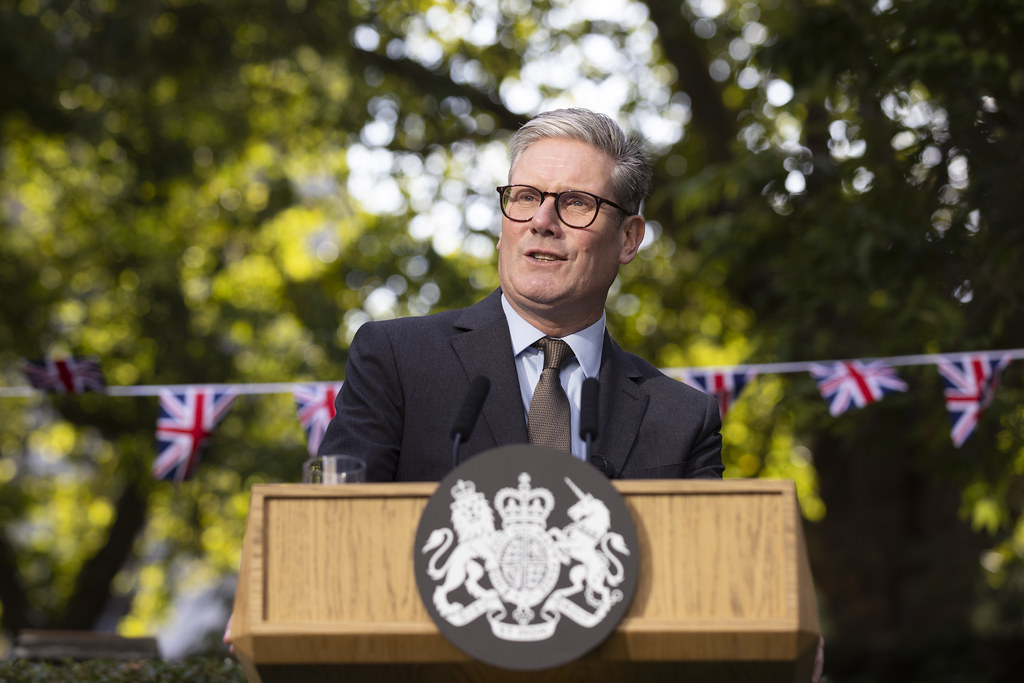
Justice Secretary David Lammy pointed to the expansion of settlements in the West Bank, particularly the controversial E1 project, which critics say would make a contiguous Palestinian state impossible. “The recognition of a Palestinian state is a consequence of the serious expansion and settler violence we are witnessing. E1 would run a coach and horses through the possibility of a two-state solution,” he said.
The decision has already provoked a sharp backlash. Israeli Prime Minister Benjamin Netanyahu has repeatedly warned that recognition “rewards terror” and risks emboldening Hamas. Families of hostages taken by Hamas in the October 2023 attacks urged Sir Keir in an open letter on Saturday not to proceed before the remaining 48 hostages, including 20 believed still alive, were released.
“The announcement has dramatically complicated efforts to bring home our loved ones,” the families wrote. “Hamas has already celebrated the UK’s decision as a victory and reneged on a ceasefire deal.”
The UK government insists its stance on Hamas has not changed. Officials stress that the militant group, which Britain designates a terrorist organisation, can play “no part” in any future Palestinian administration. Ministers are also preparing new sanctions on Hamas in the coming weeks.
The move risks placing London at odds with Washington. US President Donald Trump, visiting the UK this week on a state visit, said he opposed recognition, warning that it could further complicate peace efforts. But Britain is not alone. Spain, Ireland and Norway recognised Palestinian statehood last year, and countries including Portugal, France, Canada and Australia have signalled they may follow.
Palestinian Authority president Mahmoud Abbas, who visited London earlier this month, welcomed Britain’s stance. Downing Street said Abbas and Starmer agreed Hamas must not play a role in future governance, but both leaders emphasised the urgency of reviving a diplomatic horizon.
The recognition also carries historical resonance. The 1917 Balfour Declaration, in which Britain pledged support for “the establishment in Palestine of a national home for the Jewish people”, has long been cited by Palestinians as a source of grievance. They argue that the declaration, made without consulting the Arab majority living in Palestine at the time, paved the way for decades of conflict. For the current government, recognition of Palestine is seen as a corrective step, balancing Britain’s historical responsibility with its commitment to a fair peace settlement.
Domestically, the decision is politically charged. Labour MPs on the left of the party have long pushed for recognition, with more than half signing a letter in July urging immediate action. The Chief Rabbi, Ephraim Mirvis, has warned the government against pressing ahead without ensuring conditions for peace, arguing recognition was “not contingent upon a functioning or democratic Palestinian government, nor even upon the most basic commitment to a peaceful future.”
Critics question whether recognition, absent an agreed border or functioning institutions, is more symbolic than substantive. Palestine is currently recognised by around three-quarters of UN member states but lacks a defined territory, capital and armed forces. Israel occupies both the West Bank and Gaza, leaving the Palestinian Authority unable to fully govern its people or land.
Nonetheless, ministers insist symbolism matters. “Statehood is a right of the Palestinian people,” one government official said. “It cannot be made conditional on Hamas, or it will never come.”
Starmer’s statement will coincide with this week’s UN General Assembly, where he had set a deadline for Israel to show progress on ceasefire talks and peace commitments. By acting now, Britain hopes to bolster international momentum behind a two-state solution, even as violence and mistrust deepen on the ground.
The recognition may also shape the diplomatic agenda for months ahead. Ministers are expected to push European and Commonwealth partners to take similar steps, and to press Israel to halt settlement activity. Meanwhile, the Foreign Office will continue working with Arab states to support Palestinian governance reforms, in anticipation of renewed negotiations over final status issues.
Starmer himself framed the decision in July as one of timing and principle. “We will recognise a Palestinian state as a contribution to a proper peace process, at the moment of maximum impact for the two-state solution,” he said. “With that solution now under threat, this is the moment to act.”
Whether the move delivers that impact remains uncertain. For supporters, it represents a moral stand to salvage hope of coexistence. For critics, it risks rewarding extremists and alienating allies. What is clear is that Britain has crossed a threshold: the recognition of Palestinian statehood is no longer a question of if, but when.



